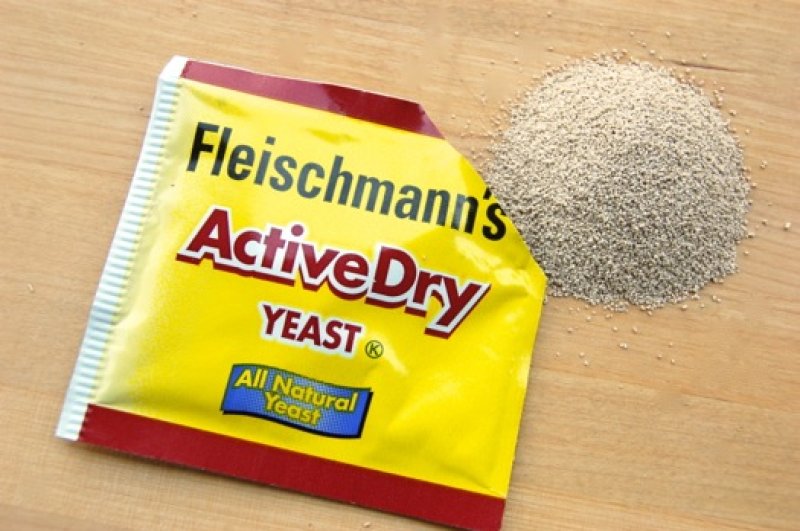The proliferation of coffee shops and energy drinks bears testimony to the fact that caffeine is in high demand. The stimulant is even added to some medicine, like Excedrin Migraine. However, because only a handful of plants produce it, there has been some interest in creating caffeine synthetically. One approach would be to genetically engineer microbes capable of producing the molecule.
The trouble with this method is that caffeine is toxic to many microorganisms. (Caffeine is also a natural insecticide.) So, if microbes are to be used as tiny caffeine factories, they will first need to be made resistant to its noxious effects. A team of molecular biologists based mostly in China has accomplished just that using baker’s yeast, Saccharomyces cerevisiae.
The researchers were aware that some kinds of yeast contain special membrane proteins that confer antibiotic resistance by pumping the antibiotics out of the cells. One of these proteins is encoded by a gene called bfr1. The team isolated this gene and randomly introduced mutations into it, with the hope that they would create an altered gene that was capable of pumping caffeine out of yeast cells.
After screening one million mutants, the authors identified one that conferred yeast cells with an amazing ability to resist caffeine.
…
If synthetic biology lives up to its promise, microbes may become the primary source of caffeine additives in the future.
The GLP aggregated and excerpted this blog/article to reflect the diversity of news, opinion, and analysis. Read full, original post: Genetically Engineered Yeast Is Resistant To Caffeine































